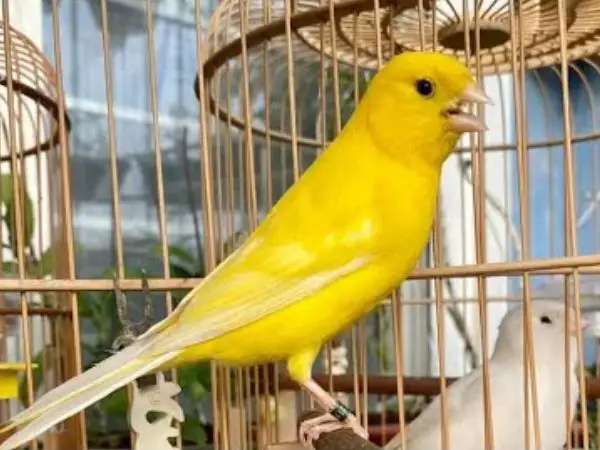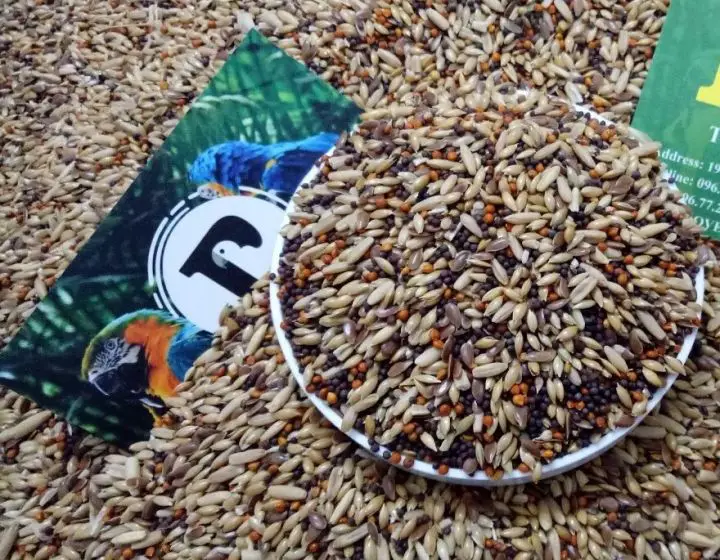Introduction
Canaries are one of the most popular pet birds, admired for their vibrant colors and melodious songs. If you’re considering a canary as a pet or just want to learn more about these fascinating birds, here are ten essential things to know.
1. Origin and History
- Geographical Roots: Canaries are native to the Canary Islands, Azores, and Madeira.
- Historical Significance: Bred in captivity since the 17th century, they were once a symbol of status among European elite.
2. Varieties and Colors
- Diverse Breeds: There are several breeds, each with unique characteristics, including the American Singer, Border Fancy, and Gloster.
- Color Range: They come in a spectrum of colors, from the traditional yellow to red, white, and even variegated patterns.

3. The Canary Song
- Renowned Vocalists: Canaries are known for their beautiful singing, particularly the males.
- Song Training: Some breeds are bred specifically for their song patterns, which can be enhanced with training and environment.
4. Behavior and Temperament
- Active and Playful: Canaries are lively, and enjoy flying and playing in their cage.
- Not Typically Cuddly: Unlike some pet birds, canaries are not known for liking human touch, preferring to interact from a distance.
5. Diet and Nutrition
- Balanced Diet: A mix of canary seed, pellets, fresh fruits, and vegetables is essential for their health.
- Avoiding Toxic Foods: Certain foods, like avocado and chocolate, are toxic to canaries.

6. Cage and Environment
- Spacious Cage: Canaries need room to fly, so a larger cage is preferable.
- Environmental Stimulation: Include perches, toys, and mirrors for mental and physical stimulation.

7. Health and Lifespan
- Average Lifespan: Canaries live on average 10 to 15 years with proper care.
- Common Health Issues: They are prone to respiratory problems, mites, and dietary deficiencies.
8. Breeding and Reproduction
- Breeding Season: Spring is the typical breeding season for canaries.
- Care in Breeding: Breeding requires specific conditions, including a suitable mate, nesting area, and diet.
9. Molting
- Annual Molting: Canaries shed their feathers annually, which can be stressful for them.
- Support During Molting: Provide a diet high in protein and vitamins to support feather regrowth.
10. Interaction and Social Needs
- Social Birds: While they may not like being handled, canaries enjoy the company of humans and other birds.
- Attention and Care: Regular interaction, even from a distance, helps keep them mentally healthy.
Conclusion
Canaries are fascinating and rewarding pets, but they require specific care and attention. Understanding their history, specific needs, and behavior is key to keeping them healthy and happy. Whether you’re a seasoned canary owner or considering one for the first time, these ten points provide a solid foundation for understanding and appreciating the delightful world of canaries.
